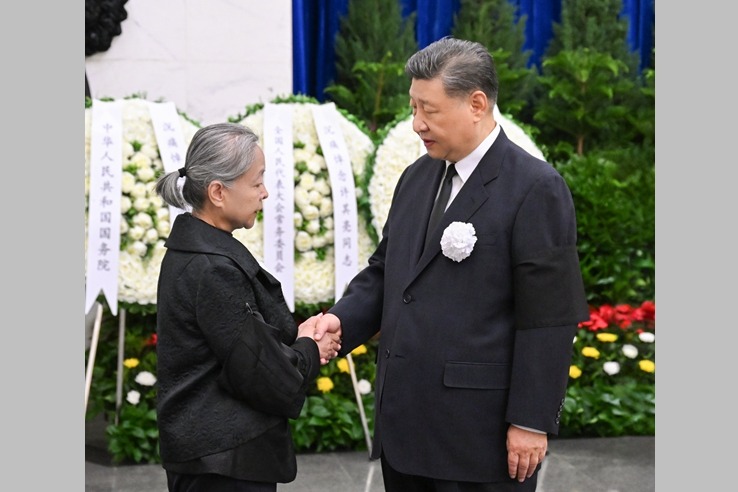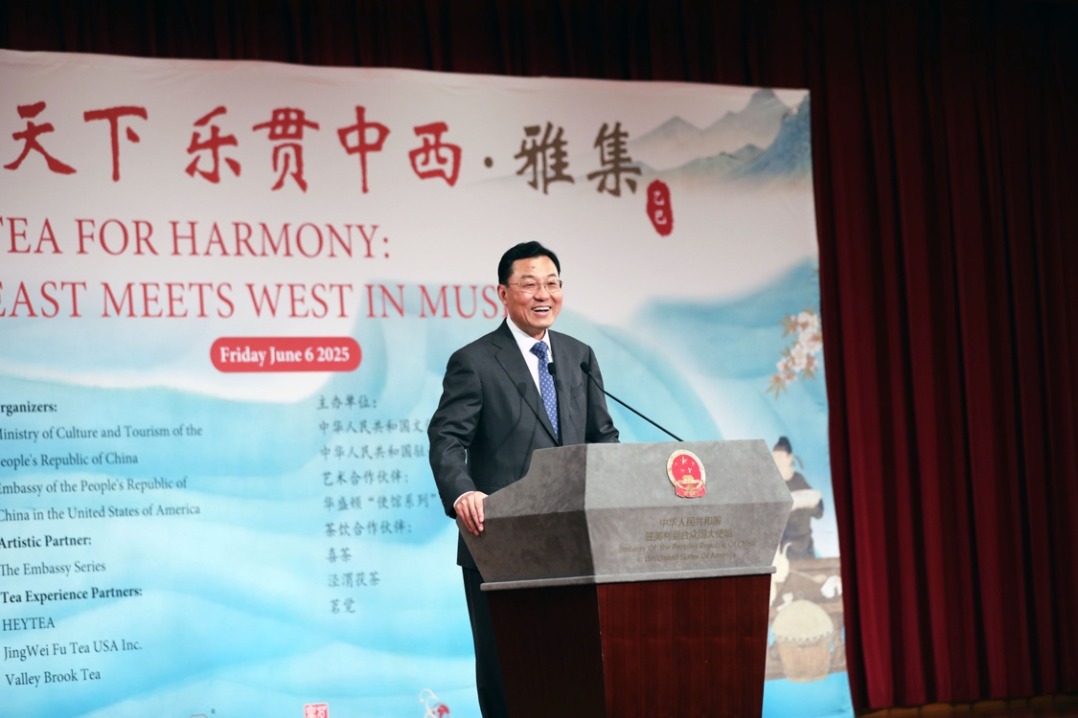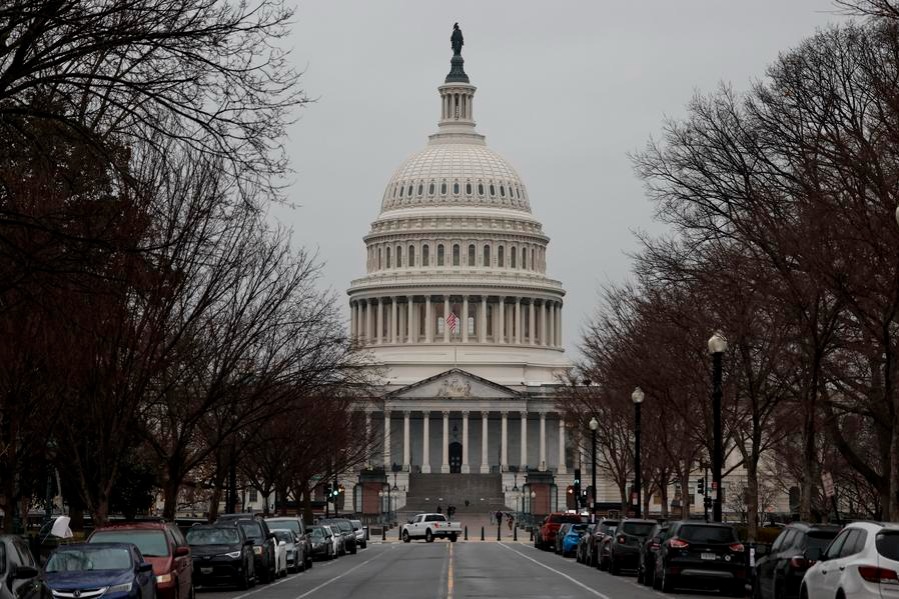China may keep RMB stable if Fed cuts rates
Analysts: Spike unlikely, but capital flows, hopes should be managed
By ZHOU LANXU | China Daily | Updated: 2024-08-29 09:03

With the United States appearing to be poised for interest rate cuts starting September, Chinese policymakers should strengthen monitoring of capital flows and prepare contingency plans against any potential sharp renminbi appreciation, analysts said.
While a significant appreciation of the renminbi, or the yuan, against the US dollar is unlikely, they said they still expect Chinese financial regulators to bolster the management of expectations amid lingering uncertainties.
Measures such as adjusting the foreign exchange reserve requirement ratio may be taken to maintain the overall stability of the yuan in the event of any surge in speculative capital inflows.
Talk about the potential for a drastic yuan rebound started after Bloomberg published a report on Tuesday. Stephen Jen, chief executive of British hedge fund Eurizon SLJ Capital, was quoted in the report as saying that Chinese companies may be enticed to sell a $1 trillion pile of dollar-denominated assets if/when the US cuts interest rates, which could strengthen the yuan by up to 10 percent.
Jen's remarks came after US Federal Reserve Chair Jerome Powell indicated on Friday that "the time has come" for interest rate cuts. His words led the market to bet that the Fed will start cutting its target range of interest rates, which now stands at 5.25 to 5.5 percent, at the next Federal Open Market Committee meeting on Sept 17 and 18.
"In the event of a Fed rate cut, we anticipate a redirection of international capital flows toward China, potentially prompting a reflow of capital of Chinese enterprises," said Xiong Aizong, a senior research fellow at the Institute of World Economics and Politics, which is part of the Chinese Academy of Social Sciences.
"However, the yuan appreciation may not be as pronounced as Jen expects. The People's Bank of China, the country's central bank, is likely to implement its own rate cuts as well. Moreover, the US rate cuts are expected to be a gradual process."
In an interview with People's Daily earlier this month, Pan Gongsheng, governor of the PBOC, said the central bank will maintain a supportive monetary policy stance and keep the renminbi exchange rate generally stable at a reasonable and balanced level.
Xiong said: "In the case of (any) yuan appreciation, the PBOC and other authorities would take measures to prevent sharp fluctuations in the yuan's value.
"This may include intensifying the oversight of capital movements to curb abnormal capital flows, implementing additional easing measures and strengthening the management of expectations to prevent a one-sided, substantial appreciation of the yuan."
The renminbi has recovered against the greenback on expectations of a US rate cut next month, with the central parity rate of the renminbi against the dollar standing at 7.1216 on Wednesday, strengthening from the Aug 13 trough of 7.1479. This year began with the rate at 7.0770 on Jan 2.
Liu Chunsheng, an associate professor at the School of International Trade and Economics, which is part of the Central University of Finance and Economics, said the market has formed a consensus on a weakening US dollar, leading to the recent yuan appreciation.
He said the resistance level for the renminbi against the greenback is anticipated between 7 and 7.05 in the near term, suggesting the yuan appears to be on track for a mild recovery.
Liu cautioned that any significant yuan appreciation could pose considerable risks. "The influx of hot money could impact China's capital markets, leading to certain levels of price increases and associated financial risks. With the yuan appreciating, exports may come under pressure as well."
Liu said that regulatory authorities are unlikely to ignore any sudden substantial appreciation of the yuan. Measures may be taken to moderate such pressures and fluctuations, such as increasing the reserve requirement ratio for foreign exchange deposits to maintain yuan stability without direct exchange rate intervention.
- Housing pension to enhance living quality
- Resolution of the Central Committee of the Communist Party of China on Further Deepening Reform Comprehensively to Advance Chinese Modernization
- China takes firm steps to prevent exchange rate overshooting: central bank governor
- Shoring up the housing market — a long battle
- Friendly travel policies push inbound tourism surge
























